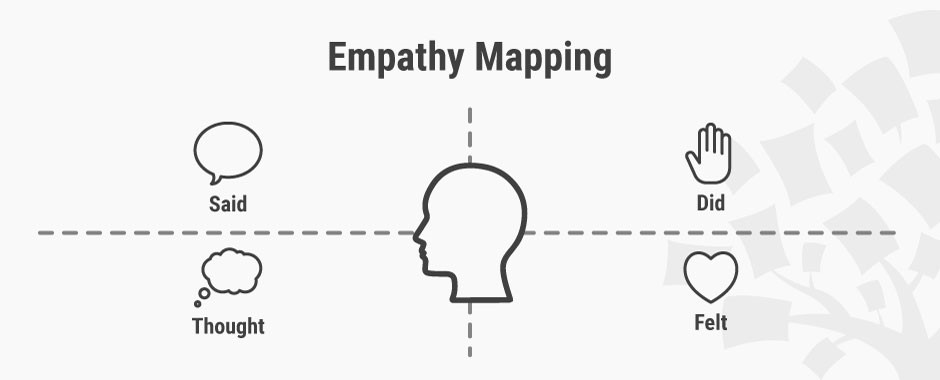
My main focus for this particular blog is antagonists. I have two in my novel. One is amnesia, and the other is a young woman determined to marry the man of her dreams, even if he belongs to someone else. She uses his amnesia to her advantage, manipulating and deceiving him.
When you are creating antagonists, you must remember they are people too. Help your reader to empathize with them and understand why they act the way they do. Even bad people have weaknesses and can show love towards others. They are more than just a device to move your plot in a certain direction. Flesh them out!
Get into your antagonists head. Help people to see things from his/her point of view if possible. I write in third person omniscient, which allows me to get into the head of any character I choose, as long as I limit myself to one per scene. If this doesn’t work for you, have your point of view characters mull over and try to understand the antagonist’s point of view. You don’t want him/her to be seen as pure evil.
I have to admit, I’m a ‘Star Wars’ geek. If you’re a follower, you know who Darth Vader is. From my perspective, he is the perfect antagonist. The creator of this series, put a lot of thought into this bad guy. He is pure evil, but as Luke stated, “There is good in you, I can feel it.” Luke was right. Vader wasn’t all evil, as a matter of fact, he started out as a good guy. His motivation for turning to the dark side, was to save his wife.
You want your antagonists to be strong, smart, and capable. At least as much so as your protagonist. This serves to give the story balance and maintain interest. It also helps to increase tension and suspense. You know the antagonist is capable of defeating the protagonist. The story could go in many different directions.
Back to the ‘Star Wars saga, Darth Vader was the most powerful of all the Jedi, even though he turned to the dark side and fell under the control of the Sith Lord. His downfall in the end wasn’t his lack of strength, but his return to the light. He sacrificed himself to save his son. In a split second decision, he destroyed the empire and brought balance to the universe.
Many professionals recommended that you not use abstractions, such as corporations, disease, or war as your antagonists. They are unrelatable, but that’s a blog for another day.
If you do feel the need to use an abstraction, put a human face to it. Instead of organized religion, you may consider a resentful pastor seeking revenge. Instead of corporate greed, you may consider a Bernie Madoff type. One of my antagonists is a medical condition that a second antagonist exploits to get what she wants.
Hope this post provided a couple nuggets and got you thinking 🙂
-Jan R



 Your lead character doesn’t have to leap tall buildings in a single bound, and he doesn’t have to stop speeding bullets with his bare hands, but he darn well better know the difference between right and wrong, and he better be kind to animals, and it sure wouldn’t hurt any if he brushed his teeth regularly. Dean R. Koontz – How To Write Best Selling Fiction
Your lead character doesn’t have to leap tall buildings in a single bound, and he doesn’t have to stop speeding bullets with his bare hands, but he darn well better know the difference between right and wrong, and he better be kind to animals, and it sure wouldn’t hurt any if he brushed his teeth regularly. Dean R. Koontz – How To Write Best Selling Fiction I just read through and edited my novel for God knows the number of times, I’ve lost count. That’s a problem in itself. I should be more efficient and effective with my time, but I’ll save that issue for another blog.
I just read through and edited my novel for God knows the number of times, I’ve lost count. That’s a problem in itself. I should be more efficient and effective with my time, but I’ll save that issue for another blog. If you want to draw your reader in, you have to figure out a way to get them to empathize with the main character in your novel. They have to connect. Help them to see and feel what your character is going through.
If you want to draw your reader in, you have to figure out a way to get them to empathize with the main character in your novel. They have to connect. Help them to see and feel what your character is going through. Your protagonist is the most important character in the novel. He/she will be in every moment, even if not in every scene.
Your protagonist is the most important character in the novel. He/she will be in every moment, even if not in every scene.
 How well do you know your main character? Do you know his/her deepest longing? If your answer is no, you need to stop and take a closer look at your character arc. What is motivating your character? If you can identify that, you know their core desire.
How well do you know your main character? Do you know his/her deepest longing? If your answer is no, you need to stop and take a closer look at your character arc. What is motivating your character? If you can identify that, you know their core desire.